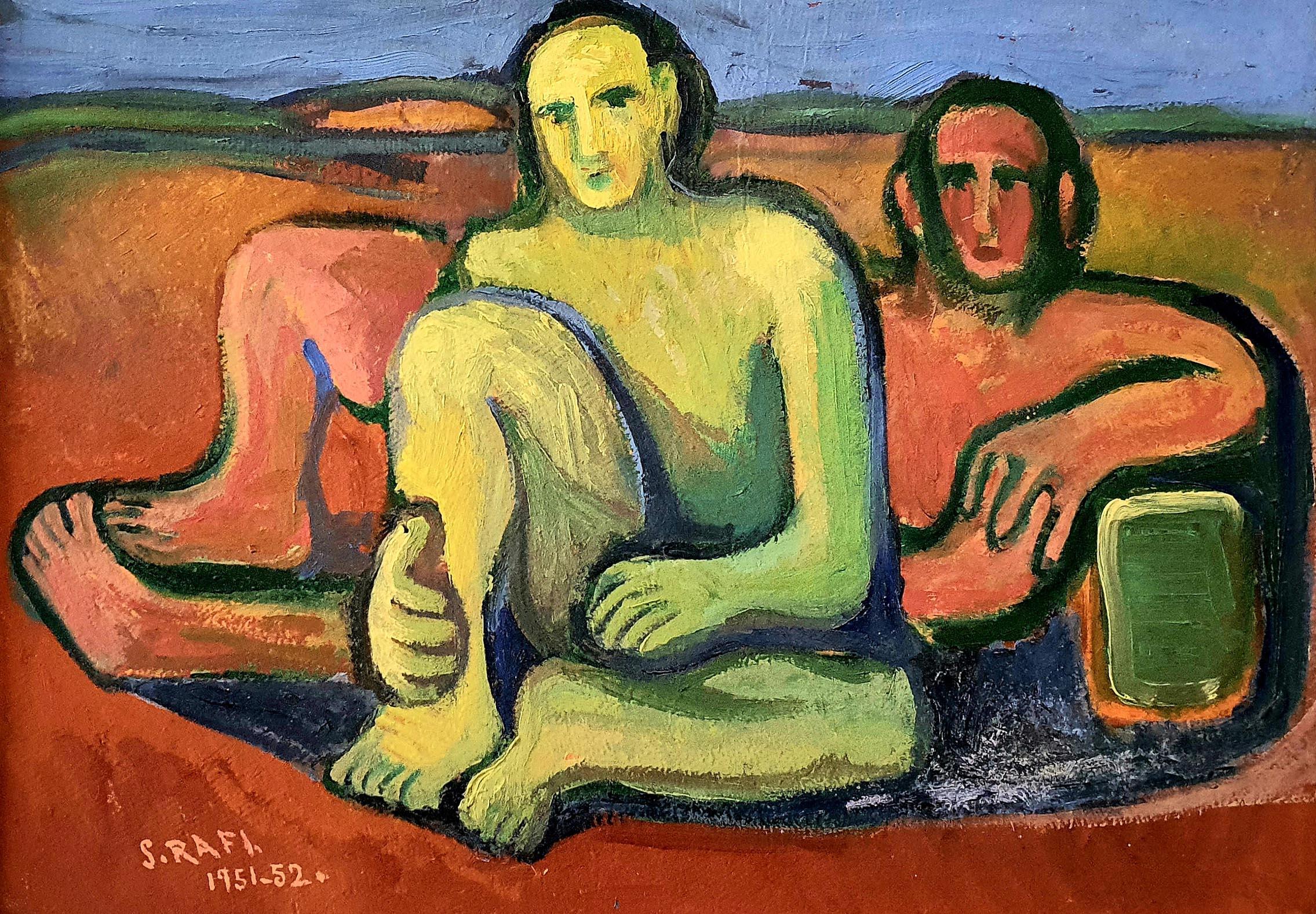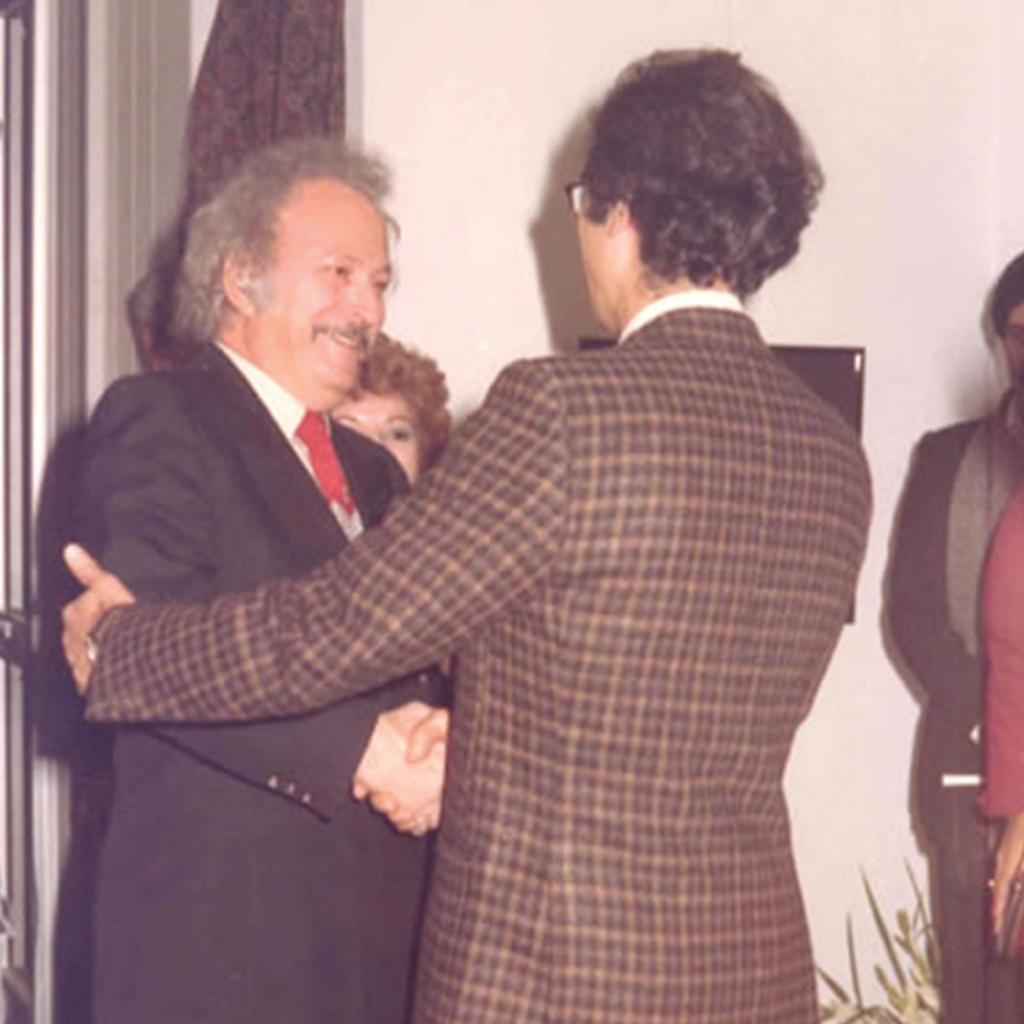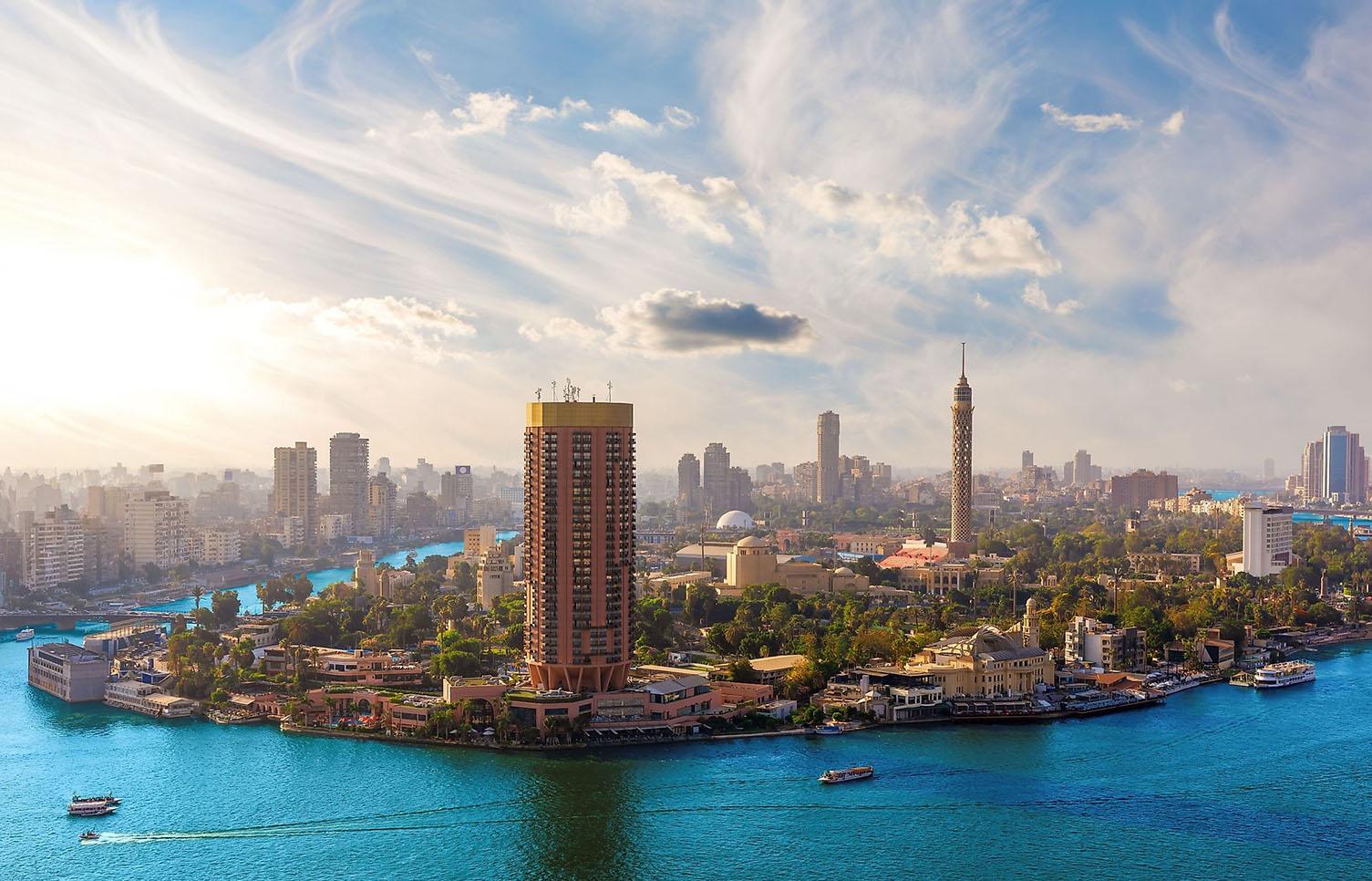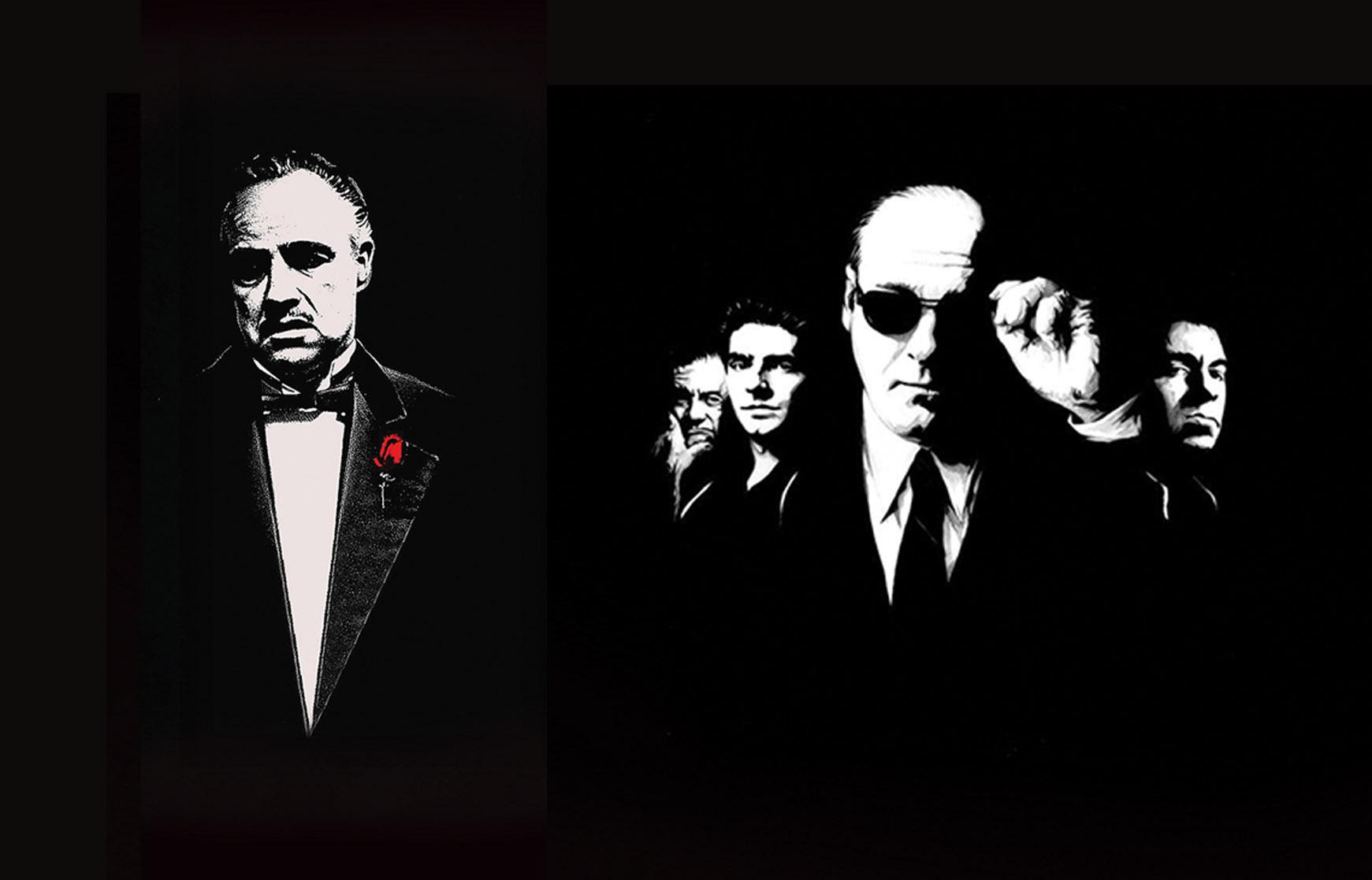
Written by: Mahmoud Demerdash
Date: 2025-07-14
Organized crime that makes it so consistently compelling
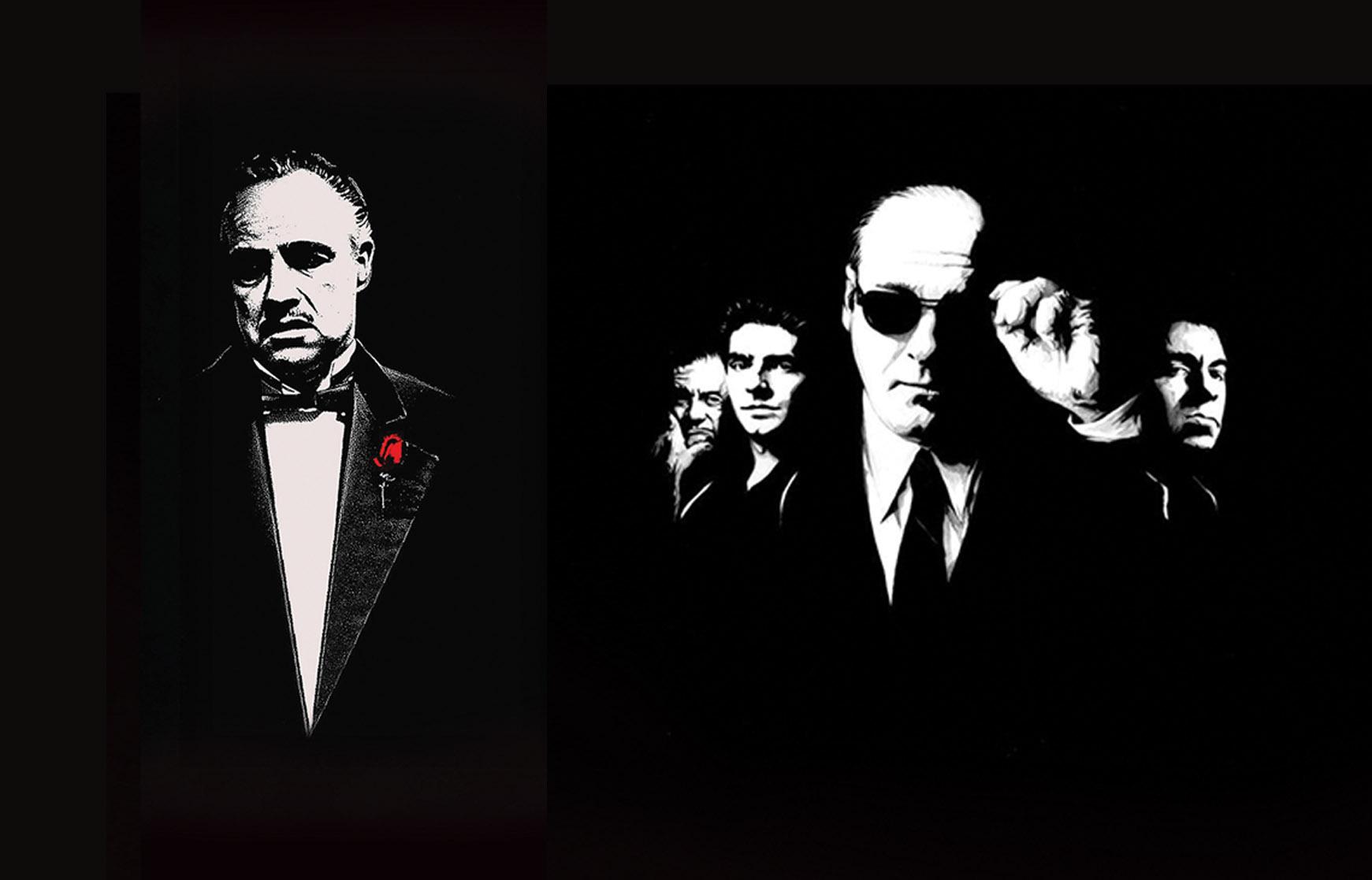
A Dangerous Obsession
From The Godfather and Scarface to The Sopranos and Peaky Blinders, mafia content has carved out a lasting place in popular culture. Despite being centred around crime, violence, and corruption, audiences across generations remain endlessly captivated by mob stories. But why? What is it about organized crime that makes it so consistently compelling?
The Origins of Mafia Mythos: From Newsreels to Cinema
Organized crime first gained public fascination through real-world figures like Al Capone and Lucky Luciano in the Prohibition era. Tabloids, radio, and early film reels painted mobsters as both terrifying criminals and modern-day folk heroes—men who operated outside the rules but within their own codes.
Hollywood quickly followed suit. The 1930s introduced gangster films like Little Caesar (1931) and Scarface (1932), which romanticized the rise-and-fall arc of ambitious mobsters. These early films were shaped by the social upheaval of the Great Depression—audiences, many of whom were struggling financially, were drawn to stories of men who took what they wanted.
But the true cultural turning point came in 1972 with Francis Ford Coppola’s The Godfather. Rather than portraying gangsters as reckless thugs, it reimagined them as complex, tragic figures with families, traditions, and honour—a legacy that reshaped the genre forever.
Power Fantasy: The Appeal of Control in a Chaotic World
At the heart of mafia flicks lies a core fantasy: absolute power. Mob bosses live by their own rules, unshackled by society’s norms. They command loyalty, demand respect, and wield fear like a weapon. For many viewers, this represents a thrilling escape from the powerlessness of everyday life.
Take Tony Montana in Scarface (1983), who goes from nothing to ruling a cocaine empire with guns, gold, and gusto. Or Walter White from Breaking Bad, who, while not a traditional mafioso, channels similar archetypes as he transforms from a meek teacher to a drug kingpin. These characters tap into a primal desire: to rise above limitations and take control, no matter the cost. Of course, their stories often end in ruin, but the fantasy—brief and brutal—is intoxicating.
Brotherhood and Family: Blood Ties and Found Families
Another reason mafia stories resonate is their emphasis on family and loyalty. Whether it’s blood relations or sworn brotherhoods, mob narratives often mirror real-life relationships, just amplified, ritualized, and dramatized.
The Godfather series centers around the Corleone family, depicting the burdens of inheritance and the tension between tradition and change. In The Sopranos, Tony struggles to balance mob responsibilities with suburban fatherhood, often blurring the lines between business and personal life.
Even in Peaky Blinders, set in post-WWI Birmingham, family loyalty drives much of Tommy Shelby’s decision-making, even when it leads to internal betrayal. These portrayals speak to our own yearning for belonging and identity, even in dysfunctional forms. They reflect how, in reality, many of us navigate relationships that are built not just on love or shared values, but on obligation, fear, pride, or a sense of survival. In mafia stories, the lines between family and duty, love and control, loyalty and codependence are often blurred—just as they usually are in real life. By watching characters struggle with toxic hierarchies, generational trauma, or emotional repression—all under the guise of “family first”—audiences may feel seen in ways that traditional narratives don't allow.
This normalization of dysfunction doesn’t necessarily glorify it; instead, it makes it feel relatable. The constant juggling of loyalty and self-interest, emotional suppression in the name of strength, or staying in harmful systems due to identity and legacy—these are realities that many face in their own families, workplaces, or communities. Mafia content, in its exaggerated but emotionally honest form, provides a dramatic stage on which our quiet, personal battles are mirrored and explored. It lends language and metaphor to the complexity of human ties, especially those that hurt as much as they heal.
The Cost of Loyalty: Betrayal and Tragedy as Core Themes
With loyalty comes betrayal, and few genres depict it as painfully as mafia films. Viewers are drawn not just to the rise of gangsters, but to their inevitable downfall. The genre excels in showing the emotional toll of a life built on secrets and violence.
In Goodfellas (1990), Henry Hill’s journey begins in awe-struck admiration of the mob life and ends in paranoia and isolation. In The Sopranos, characters are constantly forced to choose between personal survival and allegiance to “the family,” with dire consequences. These stories remind us that loyalty, while noble, can become a trap—one that demands everything in return.
But more than that, they expose a central truth about the myth of "the life": it is never what it seems.
From the outside, the mob life appears seductive—full of fast money, status, and the kind of respect rarely granted in the everyday world. To outsiders like Henry Hill, it offers a thrilling escape from anonymity and powerlessness. “As far back as I can remember, I always wanted to be a gangster,” he says—and that longing is sincere. For many viewers, that fantasy resonates: a world where your name holds significance, where you’re both feared and revered, where loyalty creates a tribe more potent than blood.
But that initial glamour is always a lie, or at best, a partial truth. As the story progresses, the shine wears off, and the real cost becomes clear. Life offers a sense of belonging, but only conditionally. It provides power, but at the price of peace. It promises loyalty, yet routinely devours its own. What began as a dream becomes a gilded cage, trapping characters in cycles of betrayal, fear, and moral compromise.
This arc—from romantic illusion to brutal reality—is central to nearly every major mafia narrative. And it's not just external danger that tightens the noose; it's the internal conflict it stirs. The protagonists are often caught between two poles: Do I stay true to this world, to these people who have given me everything, even if it costs me my life? Or do I betray it all to save myself?
This tension is most poignant in The Sopranos, where Tony and his crew constantly wrestle with that duality. For them, “the family” is both comfort and curse. The rituals, the codes, the camaraderie—they’re not just structural; they’re spiritual. Walking away isn’t just dangerous, it’s identity-shattering. The idea of leaving is treated as both treason and death, because these characters are their roles. To renounce the life is to become no one.
In Donnie Brasco (1997), this conflict unfolds with haunting clarity as the lines between undercover duty and genuine emotional attachment become blurred. As FBI agent Joe Pistone delves deeper into mob infiltration, adopting the persona of Donnie Brasco, he becomes close to Lefty Ruggiero, a low-level mobster whose trust and loyalty begin to hold genuine meaning. The deeper he gets, the harder it becomes to pull out. His mission demands betrayal, but so does staying in. There is no exit that doesn't wound.
These stories compel us because they elevate a deeply human dilemma: how much of yourself do you owe to the system that raised you, even if that system is broken? At what point does loyalty become self-betrayal? In showing us characters who wrestle with those impossible questions, mafia films and shows don’t just entertain, they speak to something profound about the cost of identity, the price of belonging, and the courage it takes to choose freedom over familiar chains.
The Rise of the Antihero
Visually and tonally, mafia content has always been seductive. Dark suits, smoky rooms, rich dialogue, and meticulously staged violence create an atmosphere that’s as alluring as it is dangerous. Directors like Martin Scorsese (Goodfellas), Brian De Palma (Scarface), and Ridley Scott (American Gangster) have elevated the aesthetic to an art form, portraying crime not just as a brutal reality but as a stylized, operatic world of high stakes and hard consequences.
This elegance isn’t just surface-level. Beneath the visual polish lies a narrative structure borrowed from classical tragedy—a Shakespearean arc of ambition, hubris, betrayal, and inevitable downfall. Whether it’s Michael Corleone’s transformation in The Godfather or Frank Lucas’s empire in American Gangster, these stories follow a timeless formula: the rise of an influential figure, the moral compromises they make, and the personal disintegration that follows. It's this marriage of classical storytelling and modern grit that gives mafia narratives their lasting emotional punch; they feel both mythic and immediate.
As the genre evolved, it didn’t just shape how crime was portrayed—it reshaped who we root for. Mafia content helped usher in the golden age of the antihero: characters who are morally compromised, deeply flawed, but endlessly compelling. Tony Soprano, with his therapy sessions and violent outbursts; Tommy Shelby, whose cold brilliance is haunted by trauma; even Saul Goodman, whose charm masks a slow moral decay—these figures are descendants of the mob archetype. They exist in grey areas, constantly navigating the line between self-preservation and self-destruction.
In the streaming era, this evolution has only deepened. Shows like Ozark, Narcos, Gangs of London, and Tokyo Vice expand the genre beyond Italian-American or British crime syndicates, exploring global criminal empires with layered protagonists and systemic critique. These modern stories retain the core elements—power, loyalty, betrayal, and the cost of ambition—while updating the context for contemporary audiences. The mafioso may wear different clothes or speak other languages, but the themes remain as relevant as ever.
Why We Keep Watching
We don’t love mafia flicks because we condone violence or crime. We love them because they hold up a dark mirror to society—one that reflects ambition, identity, and the human cost of power. In a world that often feels chaotic and unjust, these stories offer a structured, albeit brutal universe where every action has a consequence and every choice defines a legacy.
Ultimately, mafia content speaks to the contradictions within us: our desire for control and connection, our pull toward rebellion and order, and our fascination with those who live by codes the rest of us could never survive.



